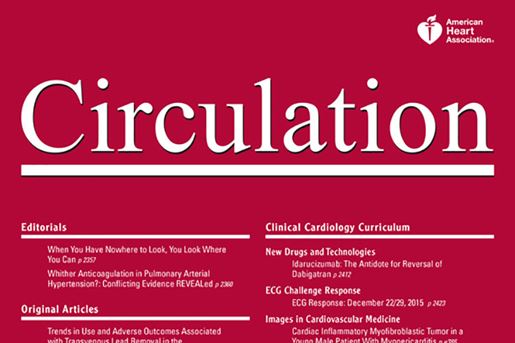2017 ACC/AHA/HRS Guideline for the Evaluation and Management of Patients with Syncope
Published: March 09, 2017

- Syncope can result from benign causes, major hemodynamic changes, or a serious underlying disease.
- The evaluation and interpretation of symptoms is highly variable.
- This guideline addresses syncope management with a patient focus and identifies several key knowledge gaps in syncope evaluation and management.
Supporting Materials
- Top Things to Know: 2017 Guideline for the Evaluation and Management of Patients with Syncope
- 2017 ACC/AHA/HRS Guideline for the Evaluation and Management of Patients With Syncope: Executive Summary
- Pacing as a Treatment for Reflex-Mediated (Vasovagal, Situational, or Carotid Sinus Hypersensitivity) Syncope: A Systematic Review for the 2017 ACC/AHA/HRS Guideline for the Evaluation and Management of Patients With Syncope
- Slide Set: 2017 ACC/AHA/HRS Guideline for the Evaluation and Management of Patients with Syncope (PPT)
Recommended Reading
- Enhancing Literacy in Cardiovascular Genetics
- ACC/AHA Clinical Performance and Quality Measures for Adults With Atrial Fibrillation or Atrial Flutter
- Wearable Cardioverter-Defibrillator Therapy for the Prevention of Sudden Cardiac Death
- Eligibility and Disqualification Recommendations for Competitive Athletes with Cardiovascular Abnormalities Task Force 9: Arrhythmias and Conduction Defects
Related Resources
- Guidelines & Statements Scientific statements, practice guidelines, and clinical updates on cardiovascular disease and stroke.
- Heart and Stroke Statistics
- My Life Check - Life's Simple 7
- Browse our library of brochures on heart attack, stroke, high cholesterol and more.
- Subscribe to AHA's Science News Channel on YouTube for exclusive, late-breaking coverage with video interviews, panel discussions, and more.
- Research Find out how to apply for AHA research training and project support.